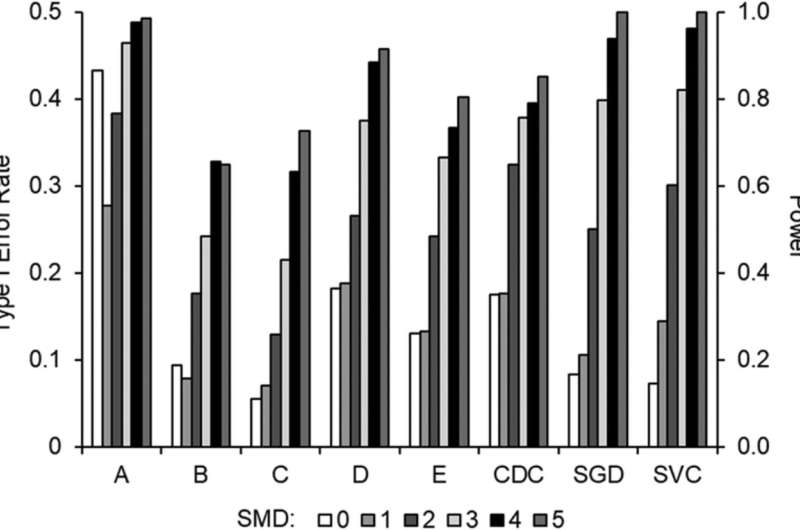Study: AI can make better clinical decisions than humans

It's an old adage: there's no harm in getting a second opinion. But what if that second opinion could be generated by a computer, using artificial intelligence? Would it come up with better treatment recommendations than your professional proposes?
A pair of Canadian mental-health researchers believe it can. In a study published in the Journal of Applied Behavior Analysis, Marc Lanovaz of Université de Montréal and Kieva Hranchuk of St. Lawrence College, in Ontario, make a case for using AI in treating behavioral problems.
"Medical and educational professionals frequently disagree on the effectiveness of behavioral interventions, which may cause people to receive inadequate treatment," said Lanovaz, an associate professor who heads the Applied Behavioral Research Lab at UdeM's School of Psychoeducation.
To find a better way, Lanovaz and Hranchuk, a professor of behavioral science and behavioral psychology at St. Lawrence, compiled simulated data from 1,024 individuals receiving treatment for behavioral issues.
The researchers then compared the treatment conclusions drawn in each case by five doctoral-level behavior analysts with those produced by a computer model the two academics developed using machine learning.
"The five professionals only came to the same conclusions approximately 75 percent of the time," said Lanovaz. "More importantly, machine learning produced fewer decision-making errors than did all the professionals."
Given these very positive results, the next step would be to "integrate our models in an app that could automatically make decisions or provide feedback about how treatment is progressing," he added.
The goal, the researchers believe, should be to use machine learning to facilitate the work of professionals, not actually replace them, while also making treatment decisions more consistent and predictable.
"For example, doctors could someday use the technology to help them decide whether to continue or terminate the treatment of people with disorders as varied as autism, ADHD, anxiety and depression," Lanovaz said.
"Individualized clinical and educational decision-making is one of the cornerstones of psychological and behavioral treatment. Our study may thus lead to better treatment options for the millions of individuals who receive these types of services worldwide."
More information: Marc J. Lanovaz et al, Machine learning to analyze single‐case graphs: A comparison to visual inspection, Journal of Applied Behavior Analysis (2021). DOI: 10.1002/jaba.863















